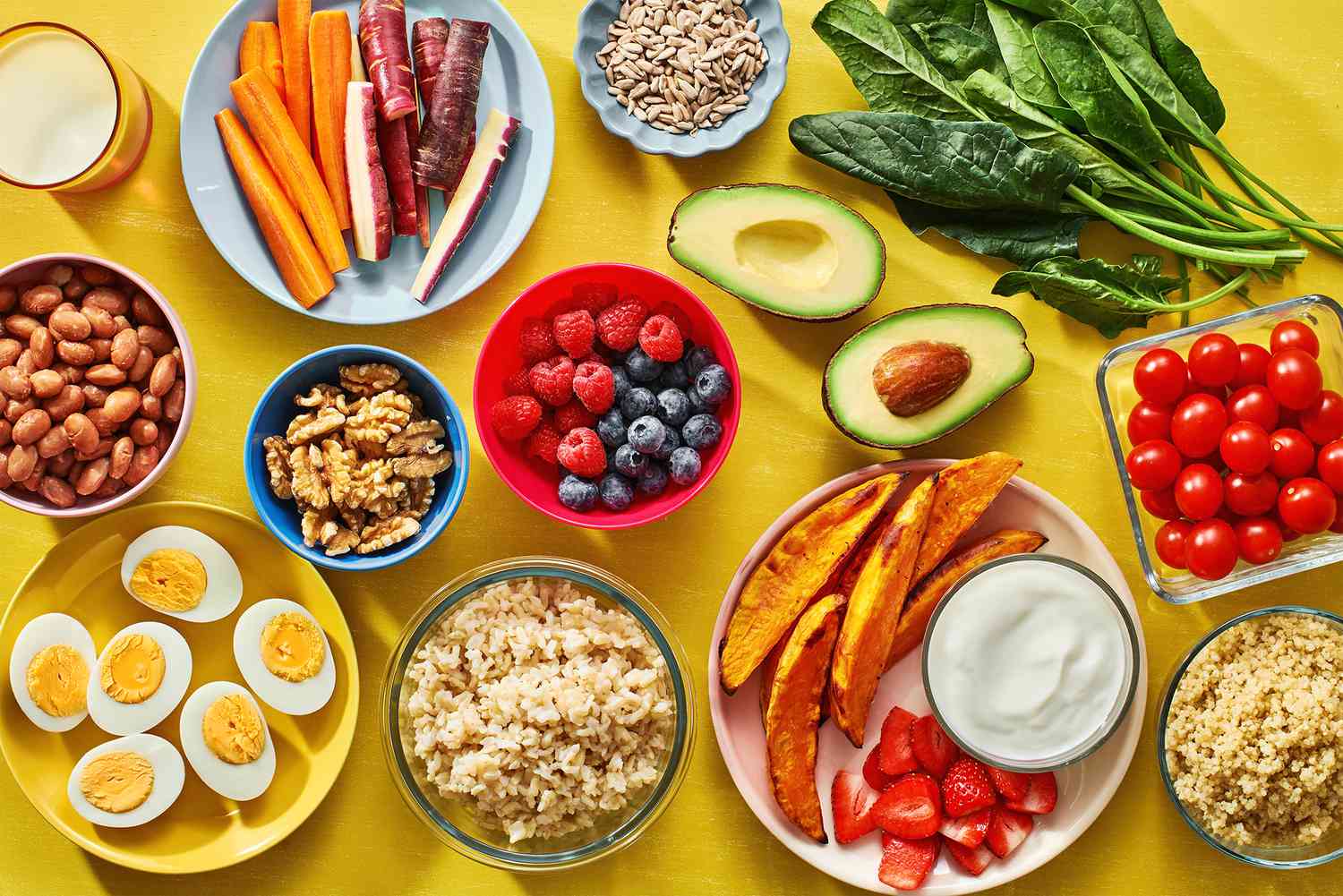
In the realm of nutrition, vitamins play a crucial role in maintaining overall health and well-being. From bolstering our immune systems to supporting proper vision and bone health, vitamins are essential micronutrients that our bodies need to function optimally. In this article, we'll explore the foods high in vitamin a and k , highlighting their importance, food sources, and the benefits they offer.
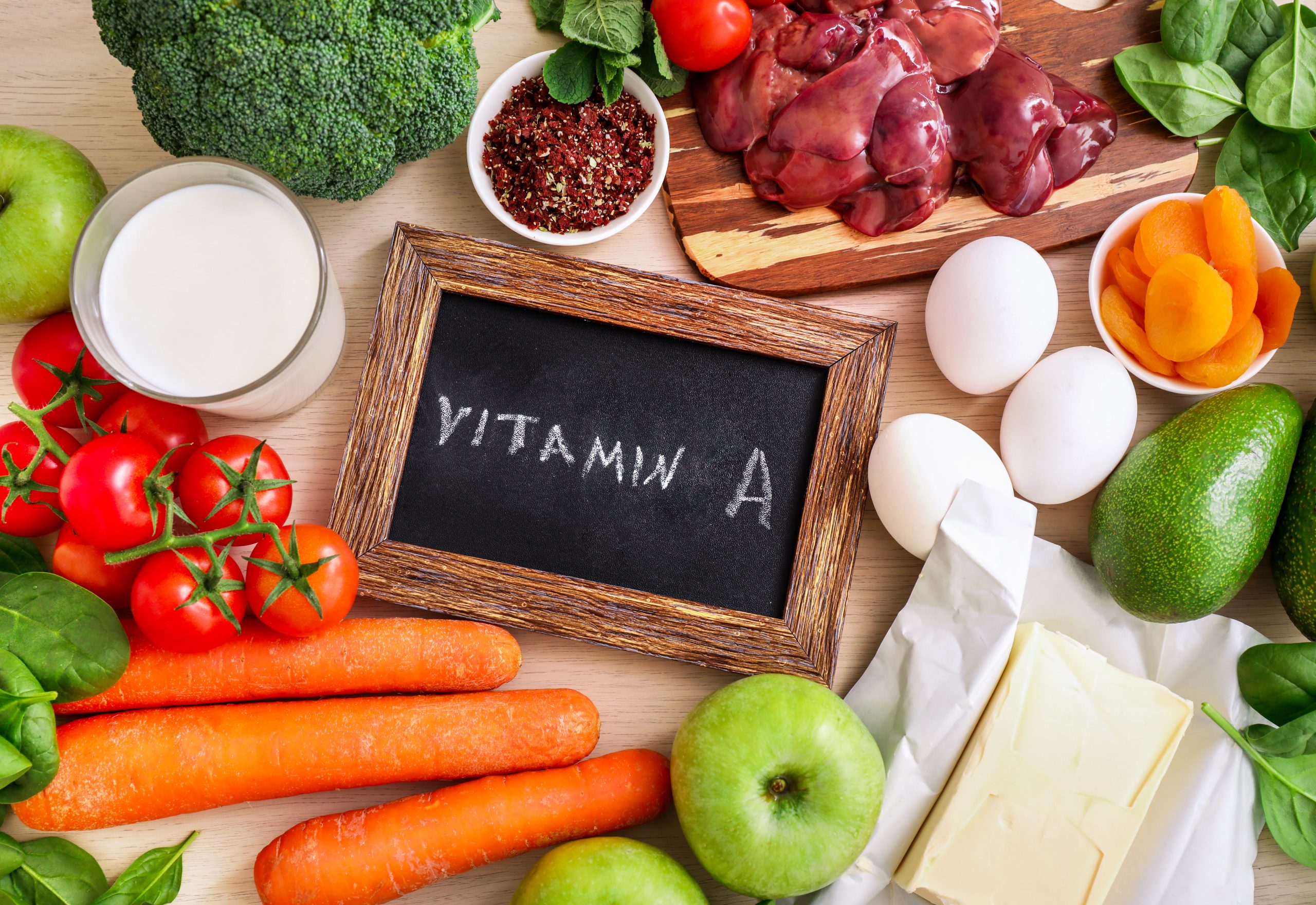
Vitamin A is renowned for its pivotal role in promoting healthy vision, immune function, and cell growth. Rich sources of vitamin A include vibrant fruits and vegetables like carrots, sweet potatoes, spinach, and mangoes. Ensuring an adequate intake of vitamin A supports not only vision health but also strengthens our immune systems, making us less susceptible to infections.
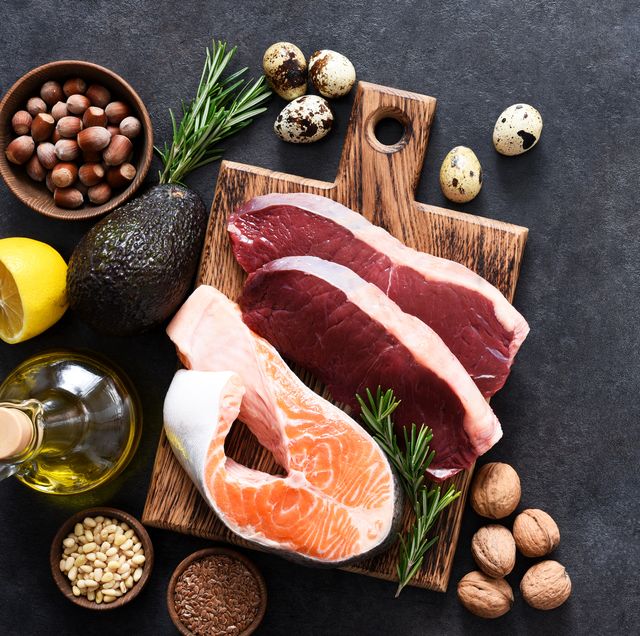
The vitamin B complex comprises a group of eight distinct vitamins, each with its own unique functions and benefits. From B1 (thiamine) to B12 (cobalamin), these vitamins play critical roles in energy metabolism, nerve function, and red blood cell production. To incorporate the vitamin B complex into your diet, include foods such as whole grains, leafy greens, legumes, and lean meats.
Related: Fit for Life: Simple & Effective Fitness Tips for Women on the Go
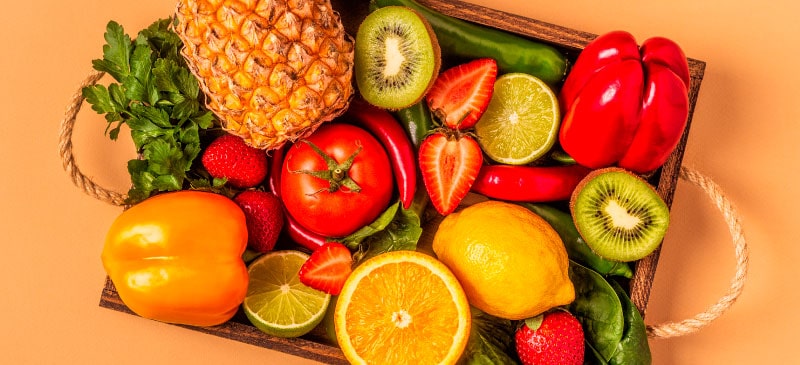
Vitamin C, also known as ascorbic acid, is a potent antioxidant that supports immune function and collagen synthesis. Citrus fruits like oranges and lemons, as well as bell peppers, strawberries, and kiwis, are excellent sources of vitamin C. Regular consumption of vitamin C-rich foods helps boost our immune defenses and promotes healthy skin and tissue repair.
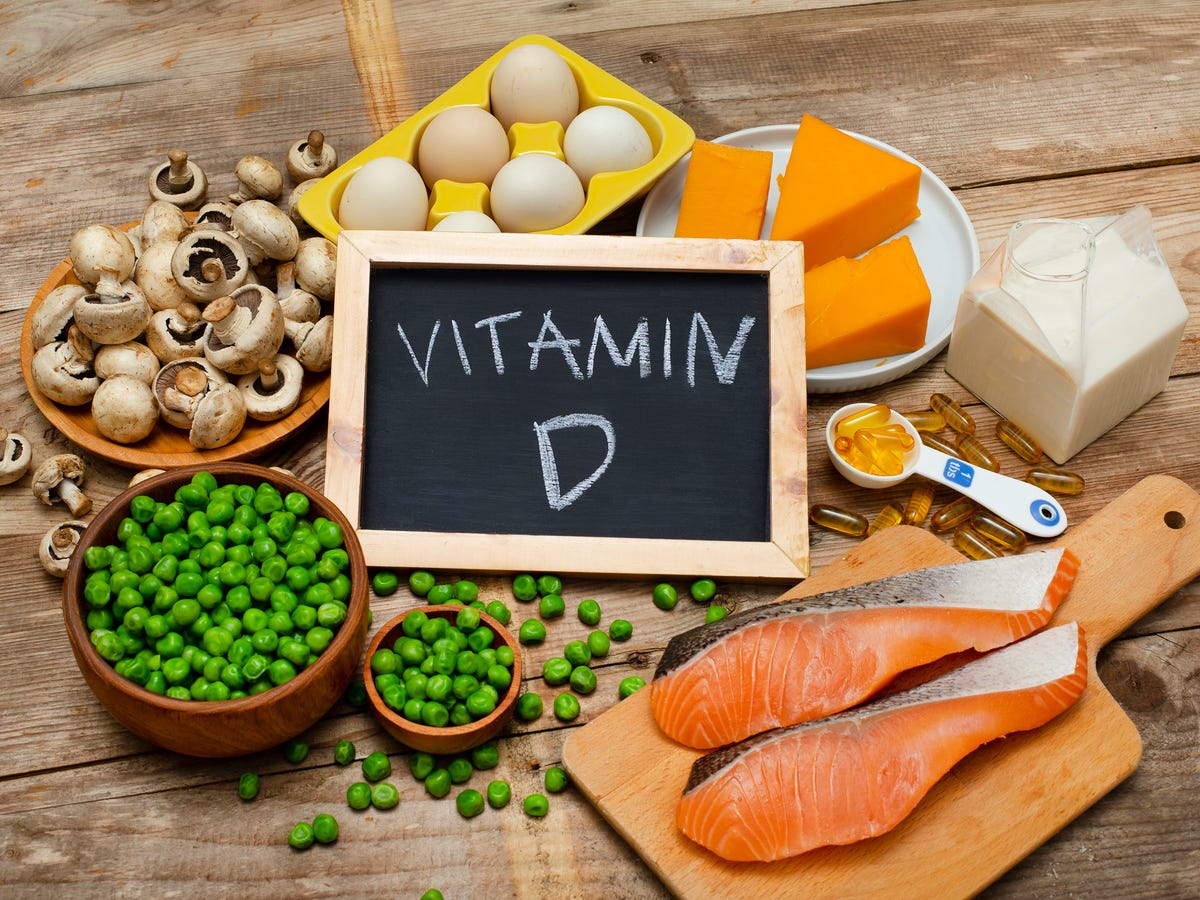
Often referred to as the "sunshine vitamin," vitamin D plays a vital role in maintaining strong bones and supporting immune function. While sunlight exposure is a primary source of vitamin D, dietary sources include fatty fish like salmon and tuna, fortified dairy products, and egg yolks. Adequate vitamin D intake is crucial for bone health, especially in regions with limited sunlight exposure.
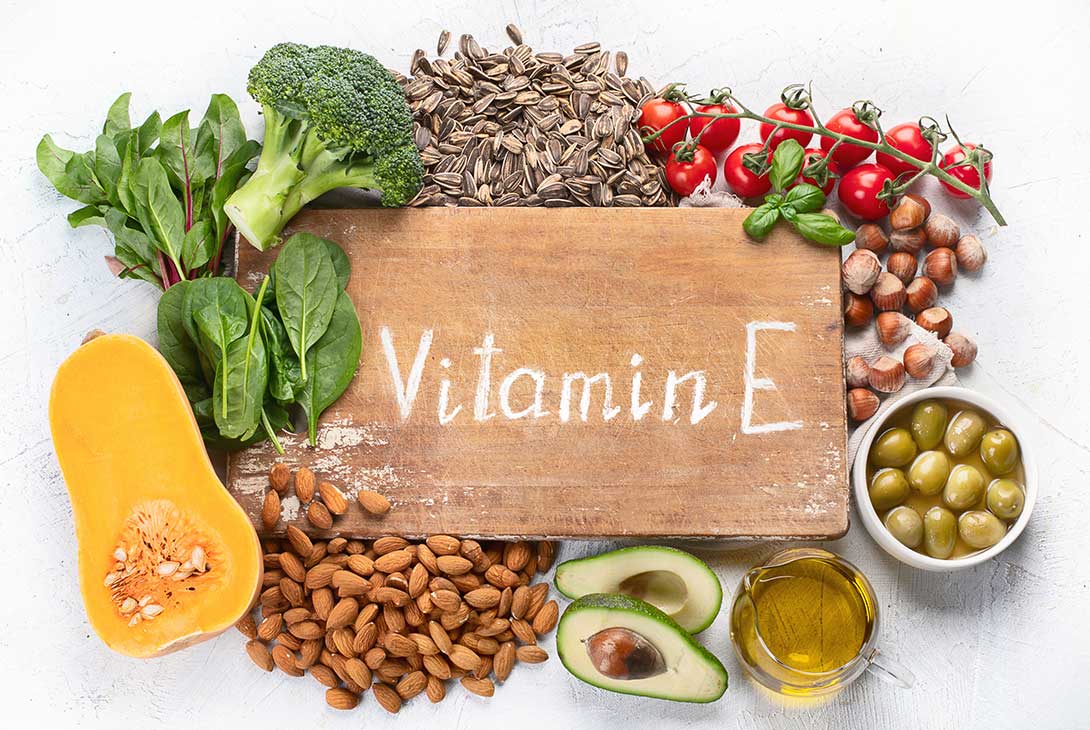
Vitamin E boasts potent antioxidant properties that protect our cells from oxidative damage and promote skin health. Nuts, seeds, vegetable oils, and leafy greens are all excellent sources of vitamin E. Incorporating these foods into your diet helps combat free radicals and supports healthy skin aging and immune function.
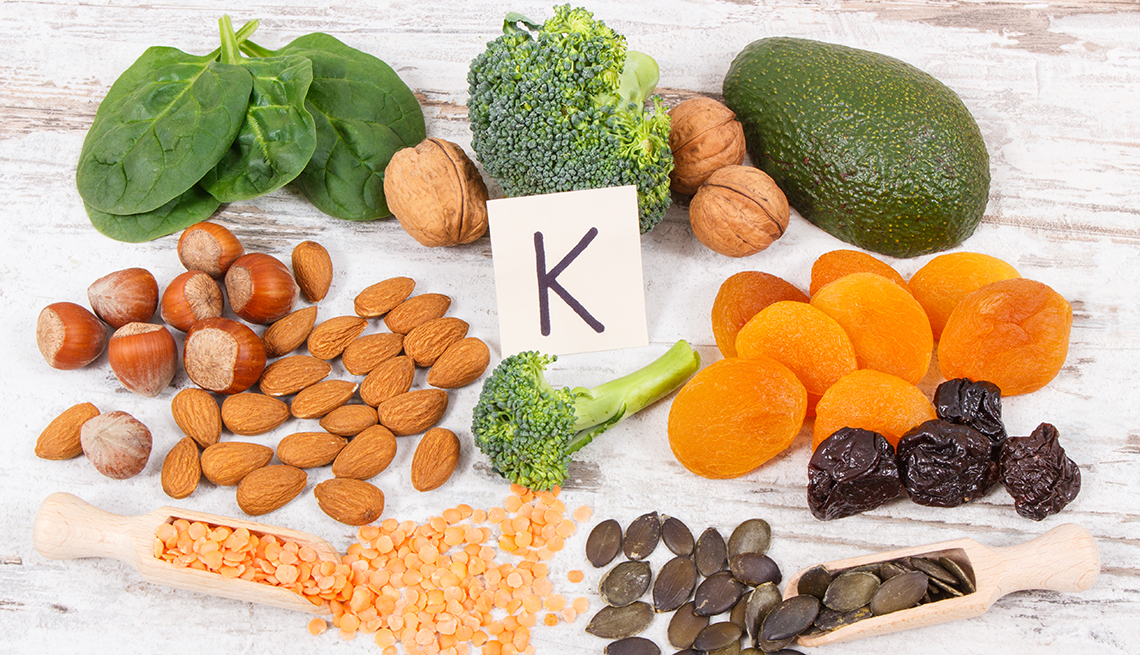
Vitamin K is essential for blood clotting and bone metabolism, making it vital for cardiovascular health and bone density. Leafy greens such as kale, spinach, and broccoli are rich sources of vitamin K, along with fermented foods like natto and cheese. Ensuring sufficient vitamin K intake contributes to proper blood coagulation and bone mineralization.
Related: Why Is Mental Health Important?
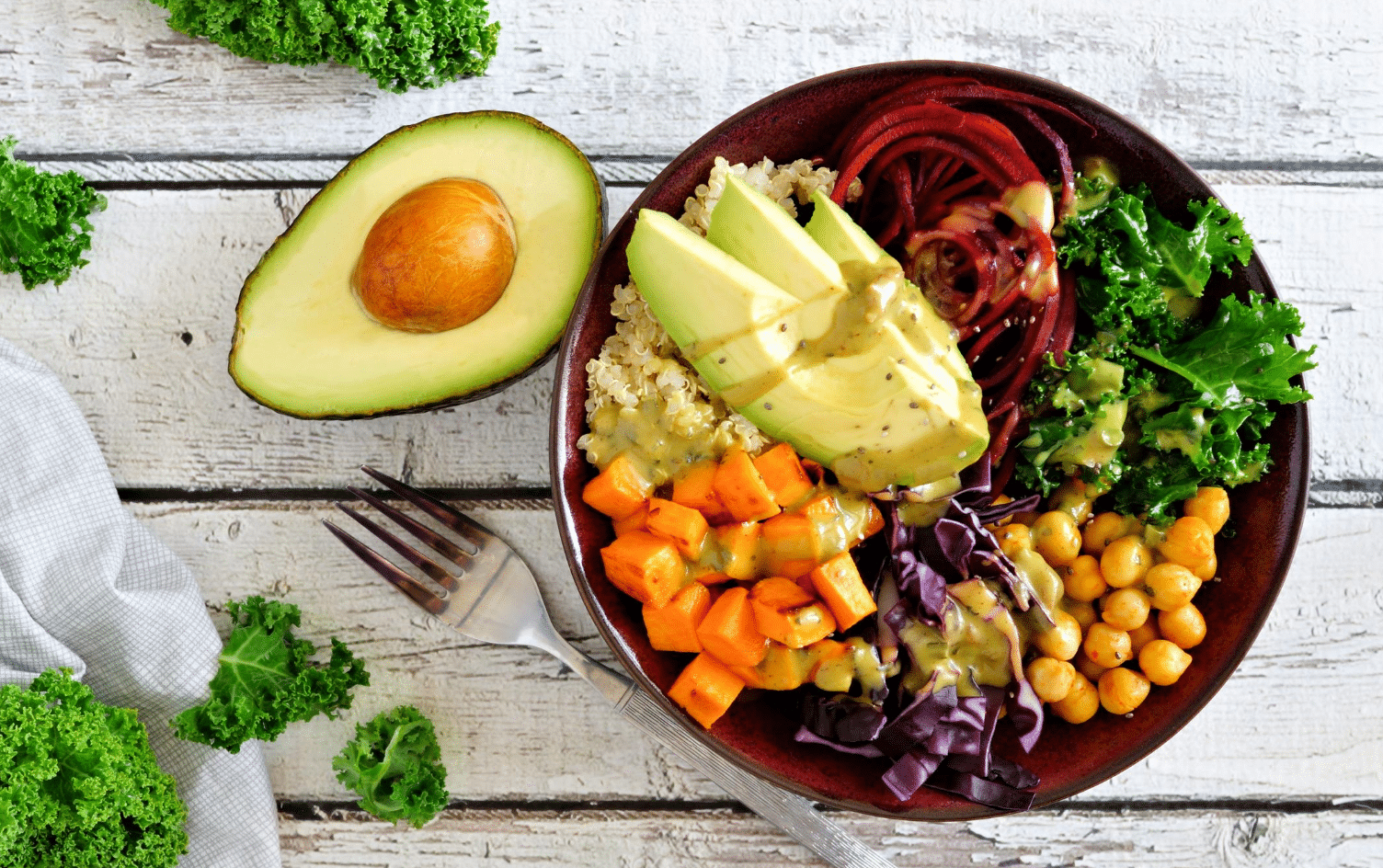
To optimize your intake of vitamins A to K, aim for a diverse diet rich in fruits, vegetables, whole grains, nuts, and seeds. Incorporate a rainbow of colors onto your plate to ensure a broad spectrum of nutrients. Additionally, be mindful of cooking methods, as certain vitamins are sensitive to heat and may be lost during food preparation.
Prioritizing a nutrient-rich diet that includes a variety of foods high in vitamin a and k is essential for overall health and vitality. By incorporating these vitamins into your daily meals, you can support your immune system, promote healthy vision and skin, and maintain strong bones and cardiovascular health.
Q. How can I ensure I'm getting enough vitamins in my diet?
Ans: Aim for a balanced diet that includes a variety of fruits, vegetables, whole grains, and lean proteins to ensure you're getting a broad spectrum of nutrients.
Q. Are supplements necessary if I eat a balanced diet?
Ans: In most cases, a balanced diet should provide adequate vitamins and minerals. However, consult with a healthcare professional if you have specific concerns or dietary restrictions.
Q. Can you overdose on vitamins from food sources?
Ans: It's rare to overdose on vitamins from food sources alone, as they are typically well-tolerated. However, excessive intake of certain vitamins through supplements can lead to adverse effects.
Q. Are there any side effects associated with consuming too much of certain vitamins?
Ans: Yes, consuming excessive amounts of certain vitamins, particularly fat-soluble vitamins like A and D, can lead to toxicity symptoms such as nausea, vomiting, and organ damage.
Q. How can I know if I have a vitamin deficiency?
Ans: Symptoms of vitamin deficiencies vary depending on the specific nutrient lacking but may include fatigue, weakness, impaired immune function, and skin issues. Consult with a healthcare professional for proper diagnosis and treatment.
Related: Keto Diets and Diabetes
Disclaimer: SPIRITUAL DEVOUT claims no credit for images featured on our blog site unless otherwise noted. All visual content is copyrighted to its respectful owners.